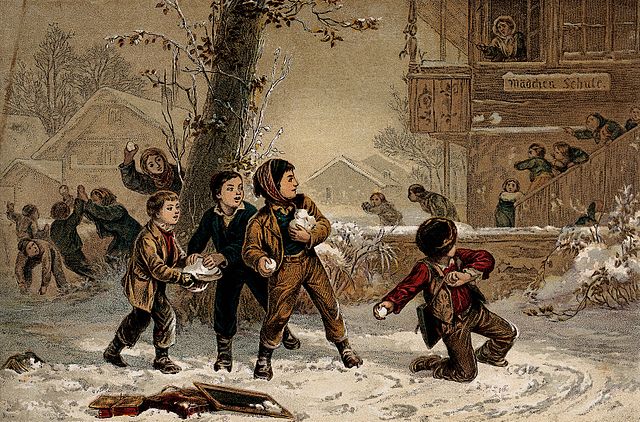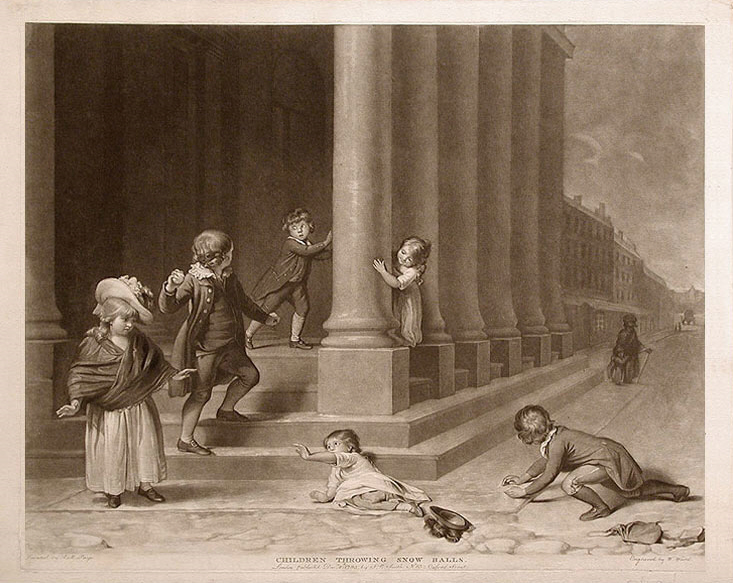The Thammasat University Library has newly acquired a book of interest for students of education, sociology, gender studies, and related fields. School Bullying in Different Cultures: Eastern and Western Perspectives was edited by Peter K. Smith, Keumjoo Kwak and Yuichi Toda.
Taking a cross-cultural studies approach while considering comparative education, School Bullying in Different Cultures looks at how bullying in schools may be prevented. The book is shelved in the general stacks of the Pridi Banomyong Library, Tha Prachan campus.
The TU Library owns a number of other books about the widespread international problem of bullying.
To further study the subject in depth, there is a World Anti-Bullying Forum.
In this year’s forum, Dr. Peter Smith, one of the book’s coeditors, was a keynote speaker.
Dr. Smith is an expert in children’s social development. He served as Head of the Unit for School and Family Studies in the Department of Psychology at Goldsmiths, University of London.
Goldsmiths, University of London, is a public research university in London, England, specialising in the arts, design, humanities, and social sciences. It is part of the University of London.
Dr. Smith earned a bachelor of science degree from the University of Oxford and a PhD from the University of Sheffield.

Dr. Smith is a Fellow of the British Psychological Society, the Association of Psychological Sciences, and the Academy of Social Sciences.
The British Psychological Society is a representative body for psychologists and psychology in the United Kingdom; the Association for Psychological Science is an international non-profit organization whose mission is to promote, protect, and advance the interests of scientifically oriented psychology in research, application, teaching, and the improvement of human welfare; the Academy of Social Sciences is a representative body for social sciences in the UK.
Dr. Smith’s most extensive research has been on bullying and violence in schools, about which he has led several research projects.
Among his many publications, the TU Library owns another book co-authored by Dr. Smith, Understanding children’s development.
He has also written or coedited such volumes as Understanding School Bullying: Its Nature and Prevention Strategies (Sage, 2014); Adolescence: A Very Short Introduction (OUP, 2016); Bullying in Schools: How Successful can Interventions be? (Cambridge University Press, 2004); Cyberbullying in the Global Playground: Research from International Perspectives (Wiley-Blackwell, 2012); and Cyberbullying through the New media: Findings from an International Network (Psychology Press, 2013), all of which may be obtained by TU students through the TU Library Interlibrary Loan (ILL) service.
This year’s World Anti-Bullying Forum overview, according to its website:
The aim of this international and multidisciplinary forum is to broaden our understanding of bullying, harassment, discrimination, ostracism and other forms of degrading treatment and violence among children and youth. The forum will encourage this by sharing knowledge and exploring new perspectives and acknowledging that bullying and other forms of inhumane or degrading treatment have to be understood as a complex interplay between individual, interpersonal and contextual factors.
The forum invites perspectives from different disciplines and areas such as (but not limited to) psychology, social psychology, sociology, social anthropology, education, gender studies, social work, health sciences, childhood studies, political science, philosophy, and criminology. The intention of the forum is to create multidisciplinary and cross-level dialogues, panels and meetings to improve the understanding of bullying and the work to stop and prevent it. The forum in 2019 will also emphasize the importance of cross-cultural and cross-national dialogues and sharing of knowledge and experiences to reach an even more thorough understanding of the complexity of bullying.
The National Anti-Bullying Research and Resource Centre (ABC) is a university designated research centre located in DCU Institute of Education at Dublin City University and is the host for the United Nations Educational, Scientific and Cultural Organization (UNESCO) Chair on Tackling Bullying in Schools and Cyberspace.

Thailand making progress on bullying
As all TU students know, bullying is an issue in the Kingdom as in every other nation. The website of Thoresen Thai Agencies (TTA) PLC. offers some thoughts on the subject as well as taking initiatives to resolve the problem:
- Bullying in schools is a problem in many countries around the world and is slowly becoming a more and more serious problem in Thailand.
- Bullying seems to be the most widespread form of peer-to-peer violence. Bullying covers any form of physical, verbal or emotional attack such as hitting, pushing, pulling hair, teasing, calling names, extortion, etc. Usually, if violence takes place within the school compound, it remains there.
- Witnesses, victims and perpetrators either accept it as a normal way of life or are silenced by fear and shame. Many factors have to be taken into account in the case of bullying. Most bullied children are absolutely terrified of the bullies. Bullies usually come in a group, and if so, intervention has to address all members of the group. The bullied child is usually ashamed to acknowledge the fact to their parents for fear of shame of being “not up to defending themselves”.
- Bullying usually requires the cooperation of parents, teachers, school staff and other students. Victims of prolonged bullying usually suffer from low self-esteem, social anxiety and other consequences; therefore, it is advisable for child in these circumstances to undergo a psychological evaluation to ensure that no long term damage has been done.
- Teachers need to stop bullying themselves, such as the tradition of using “caning” as punishment. Teachers need to help parents learn the bullying signs, so the parents of at-risk children know how to handle bullying and how to protect their children, especially from cyberbullying.
- To raise greater awareness and to develop a sustainable solution to this vital social problem, Thoresen Thai Agencies Public Company Limited (TTA) joined with the Raks Thai Foundation to launch the “Doing Good, Stop Bullying” project in primary schools. This project aims to reduce bullying behavior among students and promotes greater awareness amongst teachers and the community of bullying.
A Facebook Stop BullyingTH page is one educational measure. The TTA webpage concludes:
- TTA will seek to continue to raise awareness of bullying and best practices in prevention throughout the community by expanding the project beyond school networks into social media channels. The Project will encourage every school to adopt ‘no bullying” policy, and press for prevention of bullying to become a national issue in order to receive more attention from related government agencies and the private sector with a view to enacting supporting legislation such as an Anti-Bullying Bill of Rights.
- As a leading Asia investment company, TTA understands the critical importance of human resources for enterprises and for the benefits of the country. The “Doing Good, Stop Bullying” project will not only help reduce social problem but also help prepare children become high-quality and mindful citizens of the future.
The Bangkok office of UNESCO also is working on the matter, as its website indicates:
The most recent data from a large-scale survey in Thailand, the 2015 WHO Global School-based Student Health Survey (GSHS), which focused on 13- to 17-year-olds, found that 33.2 per cent of students experienced bullying during the past 12 months. But, this phenomenon is in no way limited to Thailand. According to a global summary report on school violence and bullying released by UNESCO this month, one in three students has been bullied by peers at school on one or more days in the past month. Globally, 16.1 per cent of children who have been bullied say that they have been hit, kicked, shoved or locked indoors… Educational outcomes are lower for children who are bullied. Bullying also has a significant impact on children’s mental health and quality of life, with children twice as likely to feel lonely, to be unable to sleep at night and to have contemplated suicide as those who are not. Self-reported quality of health and life satisfaction is lower among victims than those who are not involved in bullying.
Creating safe, nonviolent, inclusive and effective learning environments for all is a global priority and a specific target within Sustainable Development Goal 4, which focuses on inclusive, quality education.
Among pertinent research in the Kingdom is a research study published in the Journal of Population and Social Studies in January 2011, Cyber-bullying among Secondary and Vocational Students in Bangkok by Ajarn Nanthanat Songsiri and Assistant Professor Wimontip Musikaphan, Ph.D., both of Mahidol University.

(All images courtesy of Wikimedia Commons)

